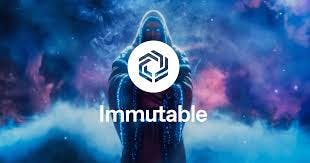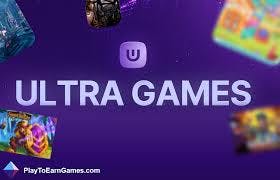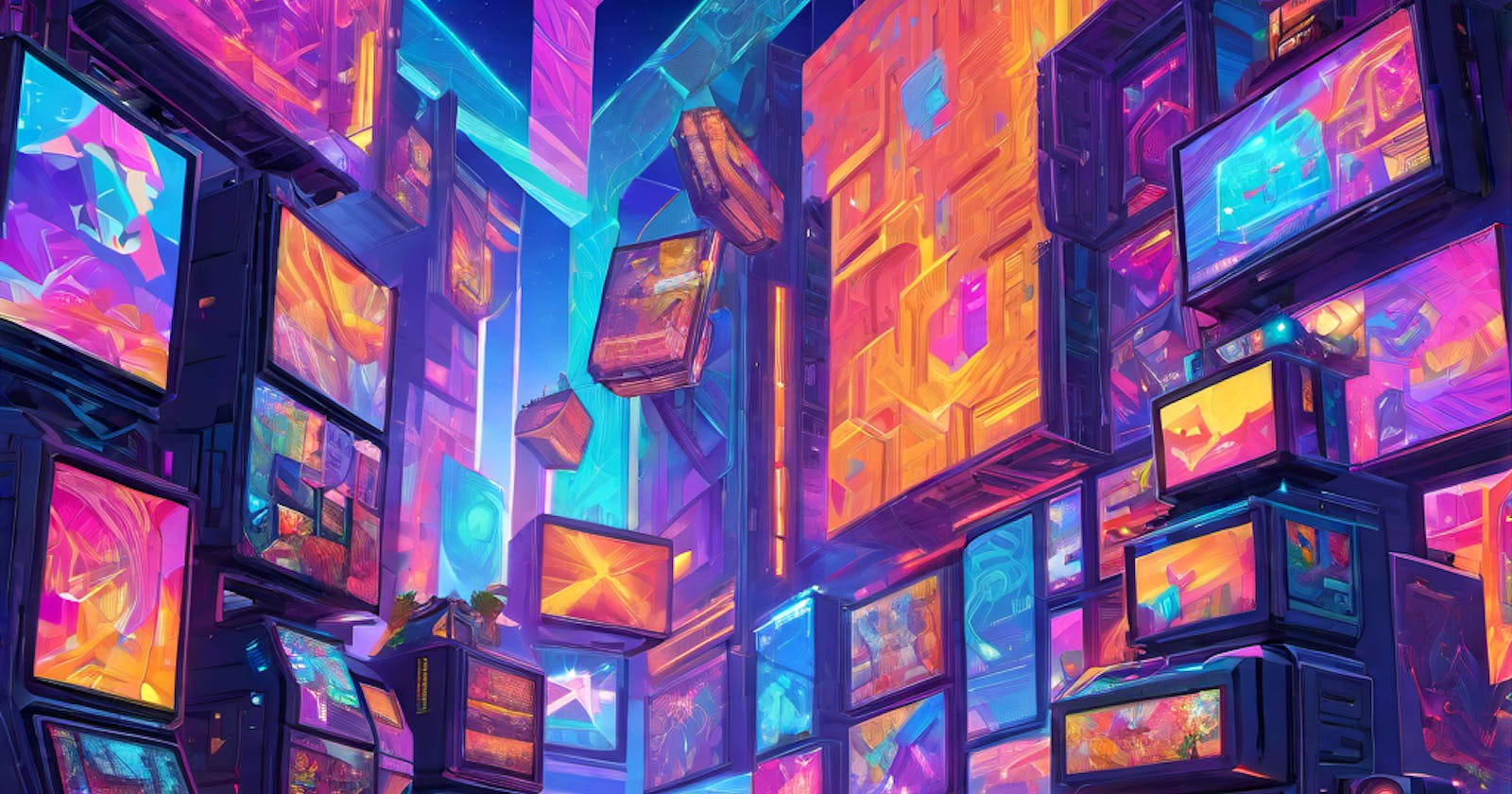Brief history of Blockchain gaming
Blockchain gaming came into existence during the early days of Bitcoin and other cryptocurrencies. One of the first examples of blockchain gaming was Bitcoin Dice, a simple game which allowed players to place bets using Bitcoin.
The first recognized Blockchain game was "CryptoKitties". It was launched in November 2017 by Axiom Zen. CryptoKitties was built on the Ethereum blockchain and introduced the concept of Non Fungible tokens (NFTs) to the mainstream audience which contributed to the popularization of blockchain games.
CryptoKitties had exciting features which allowed players to purchase, trade, breed, and collect NFTs on the Ethereum blockchain.
Since the existence of CryptoKitties, the blockchain gaming space has experienced rapid expansion, welcoming a diverse array of Blockchain games.
What is Blockchain gaming
Blockchain gaming can simply be seen as the integration of Blockchain technology into the gaming Industry.
In Blockchain gaming, Instead of just playing online games for fun, blockchain games let players truly own their items with a special digital certificate. This means they can use their items and even sell them to other players.
Players can earn special rewards like cryptocurrency or unique items not just for playing, but sometimes for helping to run and improve the game itself.
Benefits of Blockchain gaming
1. Ownership of Game Assets:
In blockchain games, players truly own their in-game items and can use or trade them in different games. These in-game assets can include; gaming avatars, virtual pets and creatures, game art, gaming equipment, in-game currency etc. This makes gaming more like owning real things.
2. Cross-Game Integration:
In blockchain gaming, items and assets obtained in one game can be used in others, giving players more flexibility. This means items collect in one game can be used in a completely different game.
3. Earning Rewards:
An exciting advantage of Blockchain gaming is the ability to earn rewards.
Players in blockchain games can earn real rewards like cryptocurrency for playing well or contributing to games, making the game more like a real job.
This also introduced the structure of play-to-earn models.
4.Security and Fairness:
Blockchain gaming adds extra security to games, making cheating harder and in-game items more secure by utilizing cryptographic verification and transparent ledgers, blockchain gaming can help combat fraud.
5. Players Involvement:
Players can help decide how games are run, making the gaming community stronger and more involved.
6. New Ways to Make Money:
Blockchain gaming had created new ways for players to make money by playing, like getting paid for their achievements in the game.
This enables players to earn rewards, cryptocurrency, or digital assets for their contributions and achievements within games.
Challenges of Blockchain gaming
Like any other emerging technology, Blockchain gaming comes with its own set of challenges. Here are some challenges associated with blockchain gaming:
Scalability:
Blockchain networks usually face scalability issues, causing slow transaction times and high fees. This is a significant challenge for gaming experiences that require fast and seamless transactions.
Transaction Cost:
High transaction fees on certain blockchain networks can make small transactions impractical for users.
User Experience:
Blockchain transactions can be complex and are mostly not user friendly for the average gamer. It needs to become more accessible and seamless to attract a broader user base.
Regulatory Uncertainty:
The landscape for blockchain and cryptocurrencies is still evolving. Uncertainty about how governments will regulate blockchain gaming platforms and virtual assets can create challenges for developers and investors.
Top Blockchain gaming platforms
Here's a list of some of the top Blockchain gaming Platforms.
Axie Infinity has gained tremendous popularity for its play-to-earn model and NFT-based creatures.

This is a metaverse platform which allows users to create, explore, and monetize content and applications.

Sandbox is a decentralized gaming virtual platform where players can create, own, and monetize their gaming experiences.

Enjin offers a platform for integrating blockchain assets into games and managing virtual goods. Enjin has a variety of games like; Last Relics, 9 Lives, The six dragons etç

Chromia is a relational blockchain platform Transaction Costshigh transaction fees on certain blockchain networks can make microtransactions impractical for users. Gamers may be deterred from making small in-game purchases if the associated fees are disproportionately high.(dApps). You can find more at Chromia.

WAX is a decentralized gaming platform and protocol that enables anyone to create, buy, sell, and trade digital items.

Immutable X is a layer-2 scaling solution for Ethereum, it focuses on NFTs and gaming. It aims to provide instant trade confirmation, massive scalability, and no gas fees for users.

Ultra is a blockchain-based gaming platform that provides a fair distribution of revenues for game developers and offer a seamless experience for players.

Conclusion
In conclusion, blockchain gaming stands to reshape the landscape of the gaming industry. With continued innovation and adoption, blockchain gaming has the potential to redefine the pattern of traditional gaming, ushering in an era where players truly own their in game assets and the possibilities for creativity and collaboration are limitless.
